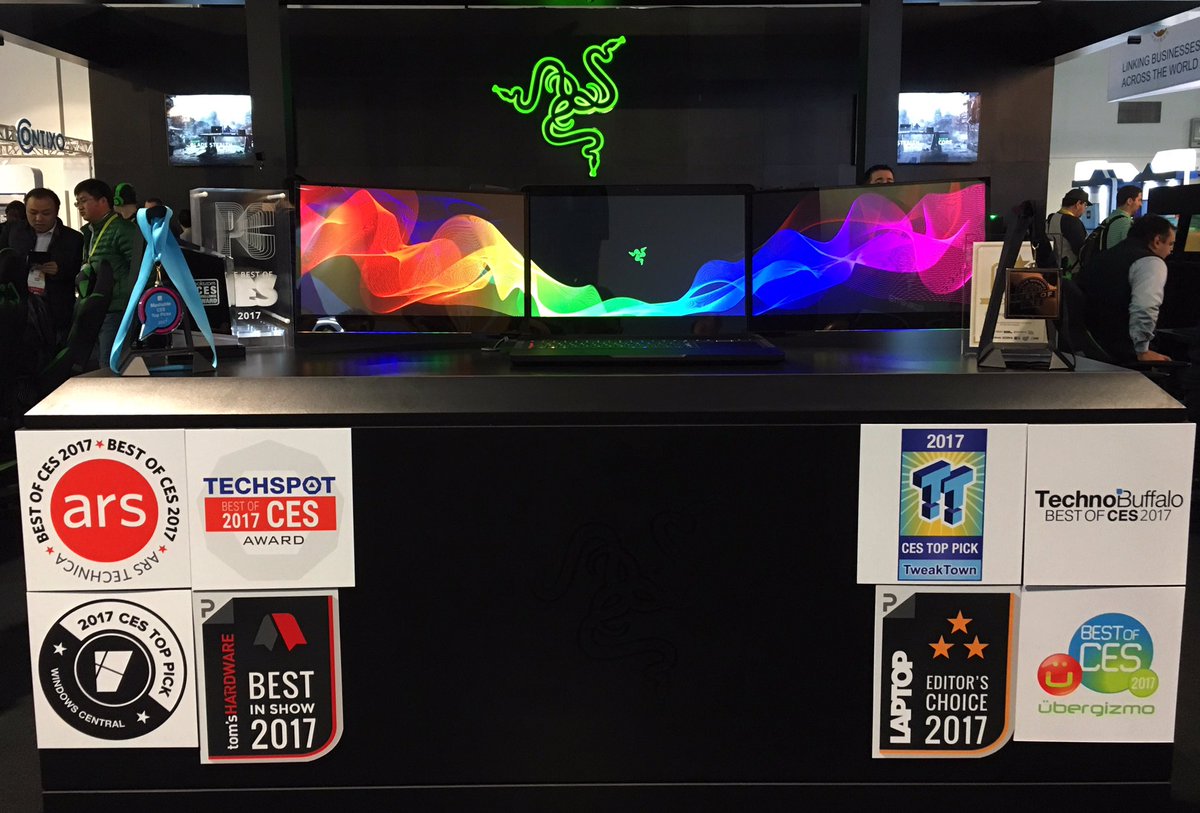In brief: A number of former Razer employees describe the company in a new light that's hardly favorable for CEO Min-Liang Tan, who is said to have a short fuse that cultivates a culture of fear whenever high expectations aren't met, sometimes even with a display of "curse words" and sudden terminations of contract for those who didn't measure up to the management's standards.
Razer is well-known among gamers who have developed an appreciation for the company's stylish products, which range from gaming mice and audio headsets to powerful laptops with optical mechanical keyboards and even an electric SUV to drive in style to the latest LAN party or esports competition.
But for all of Razer's successful products over the last 15 years, a lesser-known fact is the reportedly toxic and hostile work environment created by CEO Min-Liang Tan. At least according to 14 former employees, who told Kotaku that one of the most vivid memories of their time at the company is that of Tan threatening, yelling and throwing objects at them or their colleagues whenever he wasn't satisfied with their performance.
The 42-year-old CEO reportedly wanted to craft an image of the "Asian Steve Jobs," so in 2014 he pushed his marketing team to work on getting Razer to be featured in Fast Company's "Most Innovative Companies" list. But since Greg Agius, the head of marketing, was busy winning awards for Razer at CES in Las Vegas, he recommended Tan do an in-person media tour to increase his chances of being featured by Fast Company.

Tan didn't follow the recommendation and when he didn't make the list, he reportedly lashed out at Agius and hours later fired him without any further explanation.
Some of the former employees recall witnessing Tan threaten to punch another employee in the face. Others describe situations where employees were dragged into disciplinary talks with the door left open to "publicly shame" them.
And Tan himself admits, in part, to doing those things - supposedly to provide candid and direct feedback in cases where employees had made intolerable mistakes.

Then there's the account of how those employees felt when working for Razer, which is even more worrying. Some said that they were afraid of being fired "at a whim" if they didn't pull over 60 hours per week or even 100 in the weeks when the company was preparing for trade shows and big announcements.
A Razer spokesperson denied these claims, and explained that "while the vast majority of our staff are happy and engaged, it is inevitable that a small number would be disgruntled and unhappy." The company employs around 1,300 people in several countries, such as the US, China, Taiwan, Turkey, Germany, and Singapore.
But some of its former employees describe working for Tan as working under a dictatorship where it's expected to be abused when things don't go quite as planned. Razer's reputation among enthusiasts drew them in, but eventually they faced the reality that this was an aggressive business.
One of them noted, "Razer looks like this cool place to work, but when you get in there, you realize you're fighting for your life all the time. Either you're working hard or you're being told to bugger off." Still, they had plenty of positive things to say about the company, such as the fact that they feel like it offered them the opportunity to grow professionally, and that there was a sense of "camaraderie" that sprang from the common fear over upper management.
On the outside, the company's image tells a different story. Razer made over $712 million in revenue last year, and its tech support now rivals that of Apple. The company has also had its fair share of failed experiments over the years, such as the Razer phone and the Razer Game Store. To think that they were all done through a culture of fear is really an unpleasant surprise for gaming enthusiasts, and leaves a stain on the image of a company that's still trying to carve its path towards profitability.
